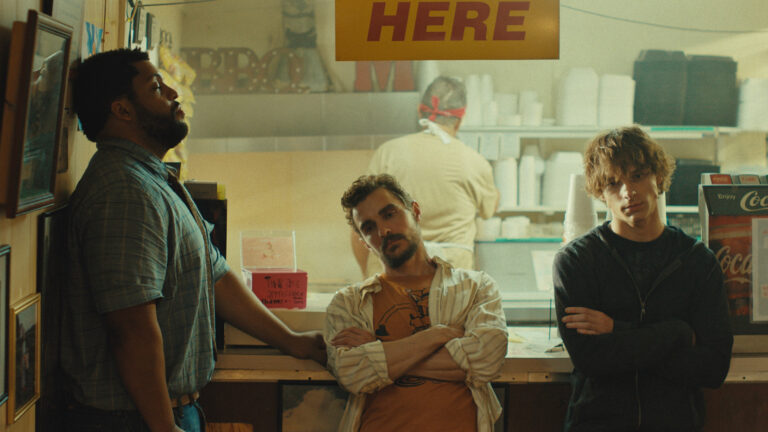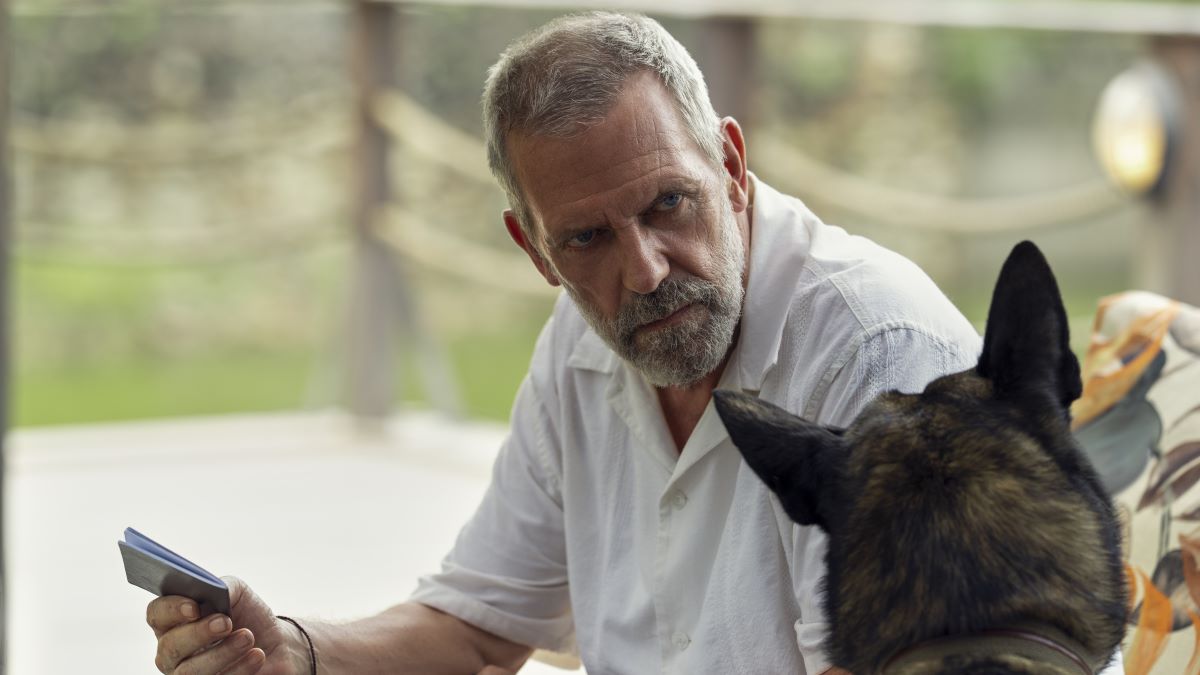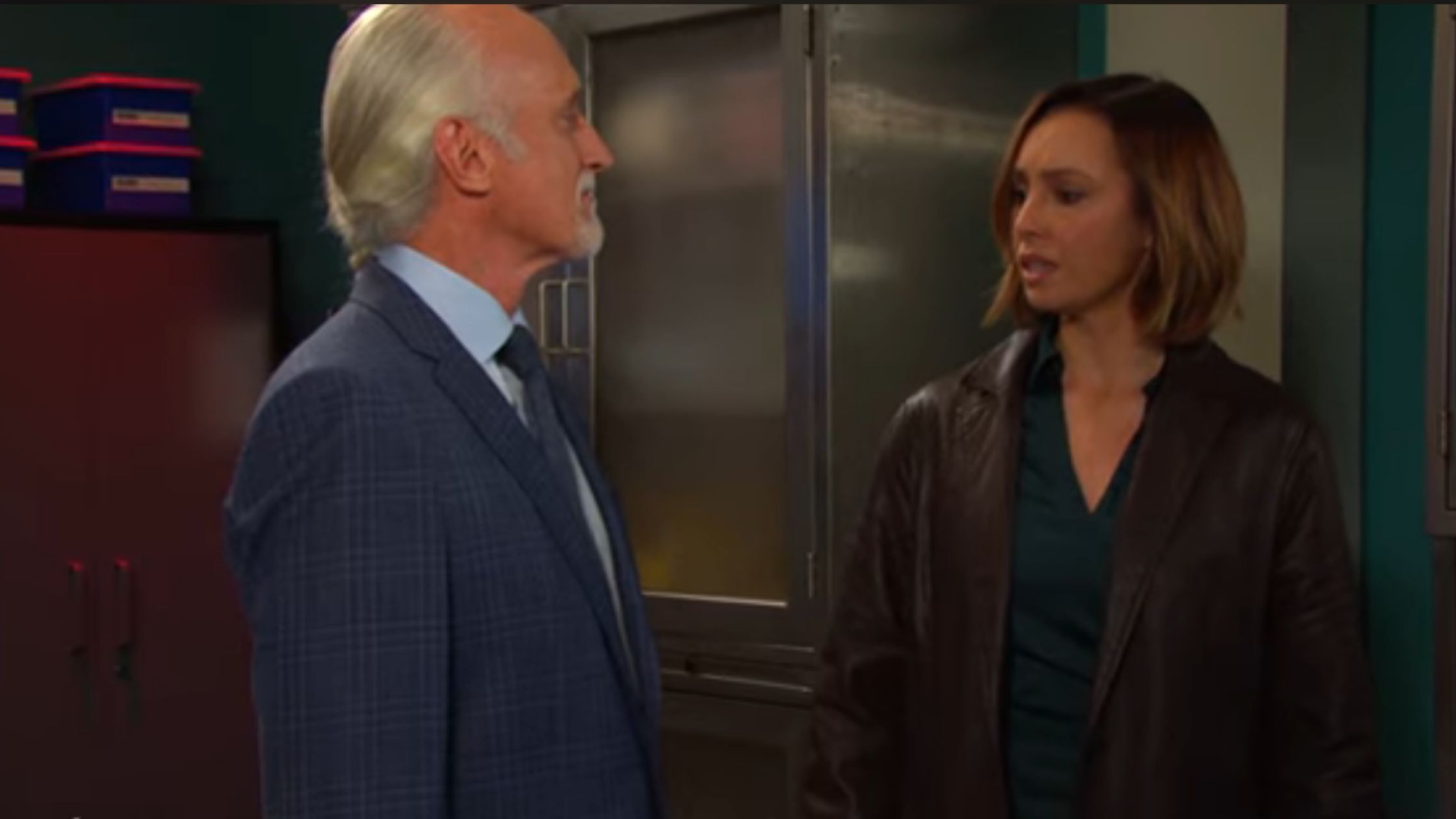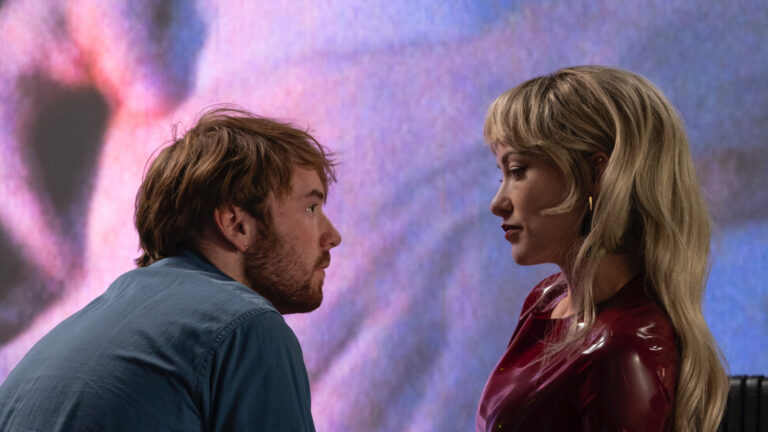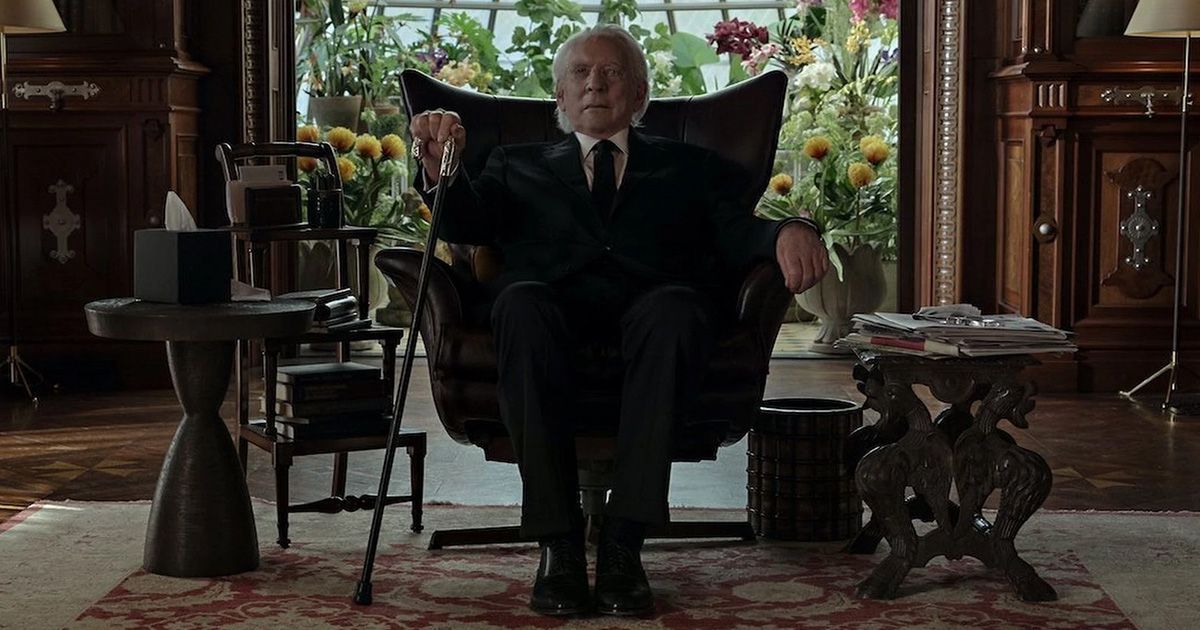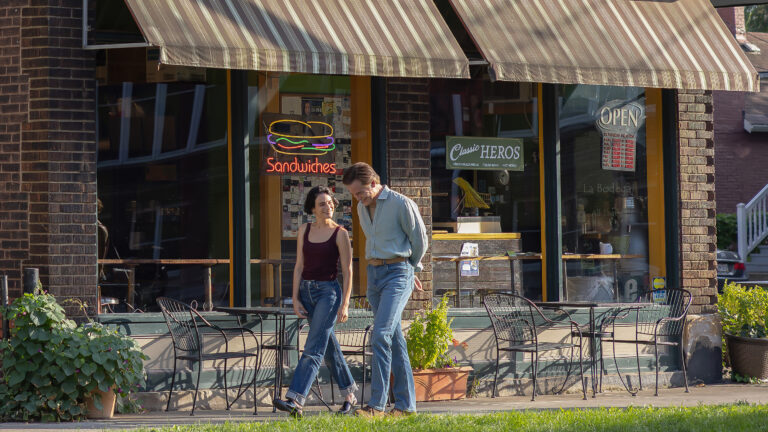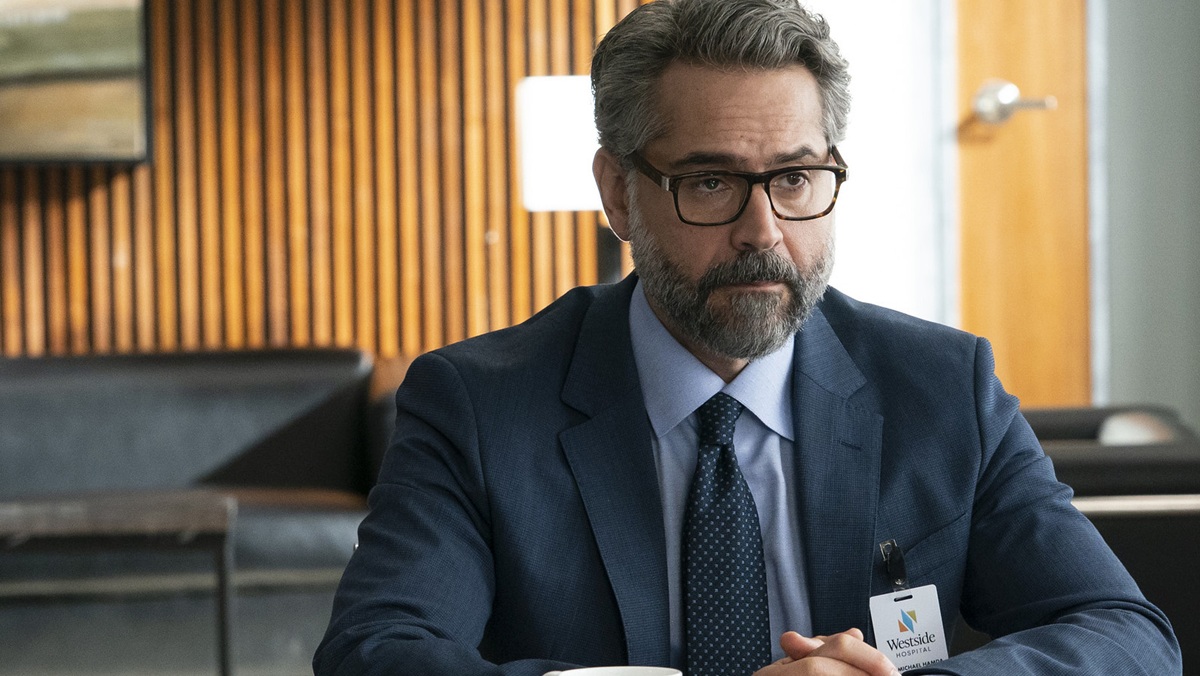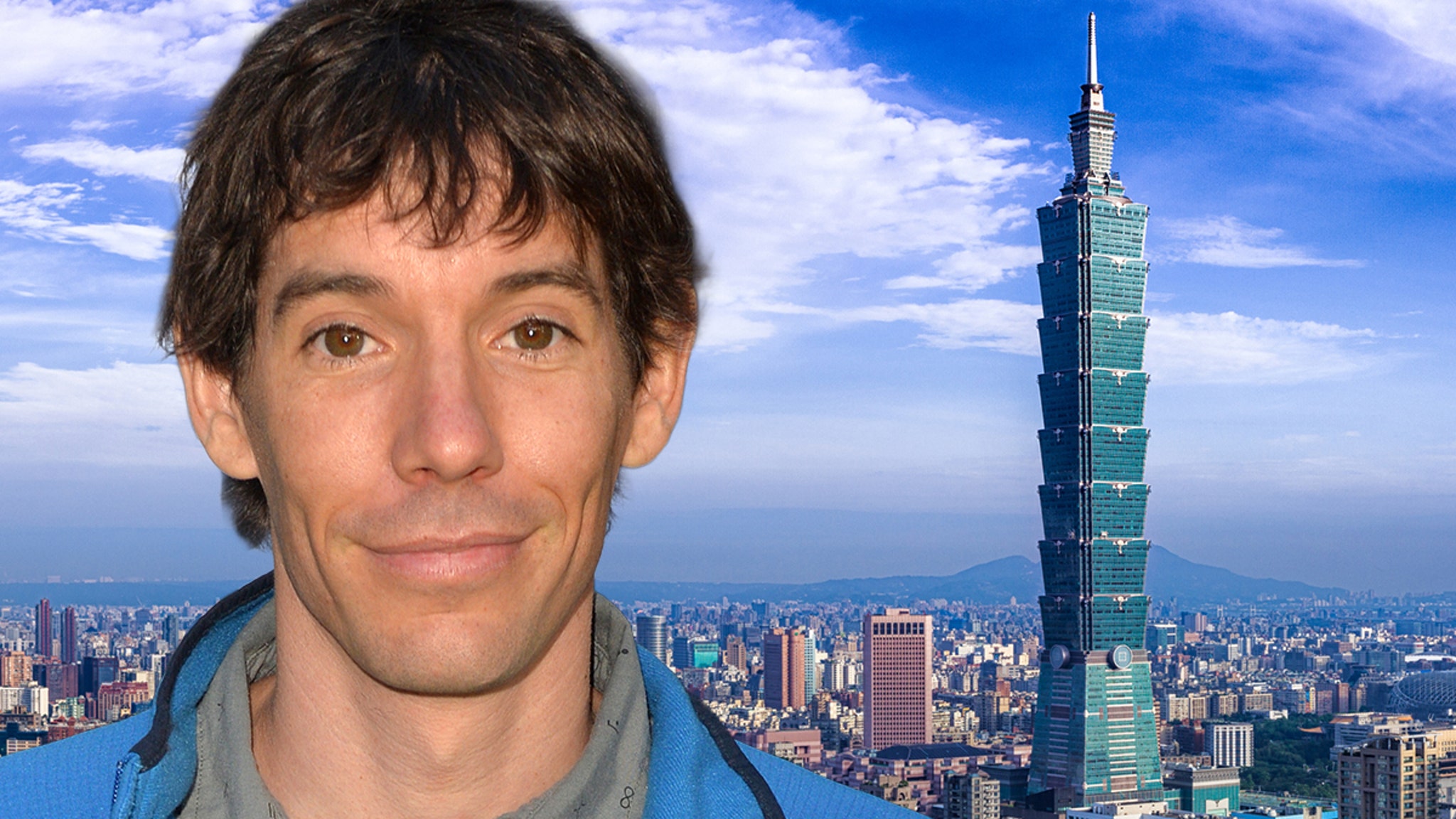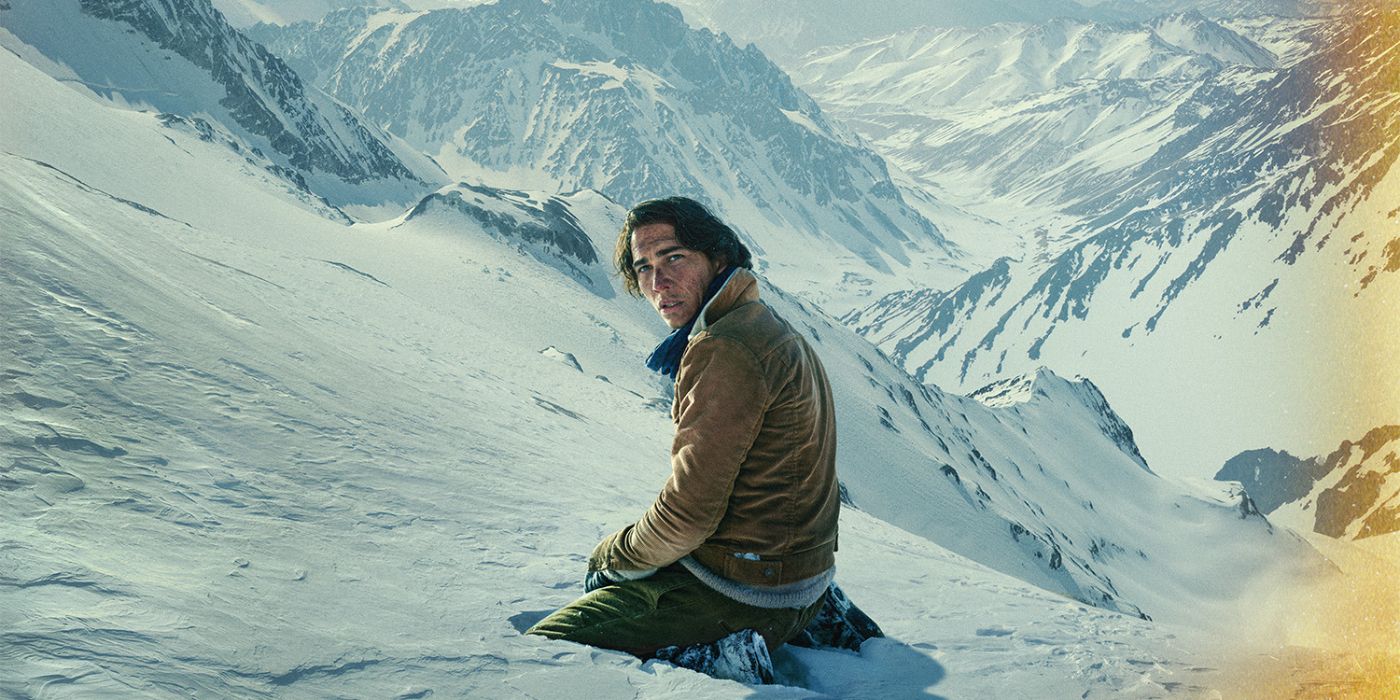
Summary
- Society of the Snow is a relentless survival film that grips viewers from the start with its authentic performances and the characters’ intense, realistic decisions.
- Director J.A. Bayona’s skill in incorporating CGI and suggesting horror in a grounded context shines throughout the film, making it a must-watch for fans of disaster movies.
- The movie explores the ethics of survival, posing thought-provoking questions about miracles, God, and the responsibility of storytellers in portraying true events.
If you’re looking for a beautiful winter wonderland in movie theaters this Christmas weekend, Society of the Snow (La sociedad de la nieve) fits the bill more than most, but it may make you want to avoid snow for the rest of your life. The film tells the remarkable and disturbing true story of a Uruguayan rugby team who flew to Chile in 1972; their day-long flight aboard Uruguayan Air Force Flight 571 turned into a 72-day-long hell for the survivors, and a cold, awful death for everyone else. Often termed ‘the Miracle in the Andes,’ the film puts a seminary student front and center in order to explore the difference between miracles and nightmares, between God and nature, and what it means to really survive.
Society of the Snow is relentless in execution; it isn’t 12 minutes before the plane crash begins. After the requisite context, in which we get a feeling for the brotherly rugby team and others, including Numa Turcatti, a burgeoning priest or theologian who is close friends with one of the players. Numa is perfectly played by Uruguayan actor Enzo Vogrincic (though English actor Paul Syre does great work with the surprisingly good English voice dub); he narrates the film with the poetry of deeply pondered retrospection.
J. A. Bayona is the perfect director for this film. Not only is he extremely competent with action and incorporating CGI (see A Monster Calls and Jurassic World: Fallen Kingdom, along with his work directing The Lord of the Rings: The Rings of Power), but he has a knack for suggesting horrific things in a more serious, grounded context (see The Orphanage). Perhaps most importantly, he directed what remains one of the greatest disaster films of all time, The Impossible, with Naomi Watts and Ewan McGregor (and Tom Holland in his first film) attempting to survive the 2004 Indian Ocean tsunami. That’s another true story based on a close-knit group of people.
Bayona respects the real people whose story he uses, crafting a film that refuses to be a mere disaster spectacle and instead one that’s deeply invested in humanity and the meaning of survival, especially when it forces you to do awful things. The Society of the Snow is certainly the best disaster film we’ve seen in several years. One may wonder if this film was necessary, considering 1993’s Alive is regarded as a classic in the genre and tackles the same event. We would argue that The Society of the Snow is a much more authentic film, and not just because of the Chilean, Uruguayan, and Spanish cast and crew. In almost every respect, it’s a better, more honest film. At the very least, it provides a new perspective.
The Impossible Predicament of Uruguayan Air Force Flight 571
Release Date January 24, 2024
Director J.A. Bayona
Cast Enzo Vogrincic , Simon Hempe , Rafael Federman , Santiago Vaca Narvaja
Rating R
Runtime 2hr 24min
Pros
- Harrowing survival thriller that’s exceptionally made.
- Great acting and amazing makeup create authenticity.
- Fascinating theological themes and poetic narration move the story along.
- A compassionate and kind look at tragedy and suffering.
Cons
- We’ve seen this movie before (30 years ago, with Alive).
- The CGI is a little weak, but it’s only one scene.
The plane goes down in a set piece that obviously has some CGI rendering, but feels incredibly real thanks to the authenticity of the performances and a couple of astounding moments that almost act as jump scares. The tail has separated from the rest of the plane, which is practically buried in a frozen valley surrounded by mountains. When a group of passengers eventually take an expedition, they see the body of the plane from a significant height and realize that its position is almost impossible to detect by search planes. They are somewhere in the Andean mountain range; everything is covered in feet of snow; they have little to no food; the temperature drops 80 degrees at night.
The team gather everyone who has died from the crash and the subsequent cold night, in which people scream out in pain from different broken bones or injuries until some of them freeze to death and the others pass out. At least in the morning, when the sun shines, they can feel a semblance of warmth. They are resourceful young men. They tend to their wounded. They tear apart elements of the plane to create better shelter and make hammocks for the wounded. They set up reflective material to melt snow into bottles for drinking water. They go through all the suitcases to scavenge for food, cigarettes, liquor, warm clothes, anything that can keep them alive another day or two. There isn’t much.
They discuss the rule of threes — you can go three minutes without air, three days without water, and three weeks without food; but with the amount of calories they’re burning trying to stay warm in the freezing temperatures of the Andes, it’s more like one week. The inevitable must be discussed. If they are going to survive, they have to eat.
Society of the Snow Maintains Its Humanity
Instead of being a vicious or misanthropic study of humans who resort to cannibalism, The Society of the Snow is much more humanistic and sensitive. While it is obviously disturbing to follow these events, the film takes its time for characters to have moral arguments, for the logistics to play out, for some people to be selfless, others to be principled, and the rest to be hungry. These aren’t bad people; they care for each other deeply as a team. They let each other know that if they die, others are welcome to use their flesh for food.
Related: The 15 Most Thought-Provoking Movies Involving Cannibalism
Numa is a holdout, generally for religious purposes. He resists nearly to the point of death. The performance from Vogrincic is astounding, as is the makeup from Ana López-Puigcerver and the stylings from hairdresser Belén López-Puigcerver. It seems as if Numa shrivels and loses 80 pounds from his already thin frame in a matter of weeks. His voice changes, his movements and gestures slower, his eyes sunken and more desperate. It’s an astonishing transformation from an excellent actor and crew. Vogrincic is an actor to watch. Like an even more attractive and intense Adam Driver, the actor is mesmerizing whenever he’s on-screen.
We see the toll the crash takes on others, and the film painfully reminds us with a running tally of the deaths throughout the whole ordeal. The characters are faced with the single most frustrating and dangerous question anyone can ask when they are lost — should I stay or should I go now? If they stay, they’d only be hoping for some plane or helicopter to discover them even after several have flown straight by and missed them. If they go, who knows how many days and deadly nights they would have to survive in order to find any sign of life? But the longer they wait, the worse off they are. Society of the Snow portrays this indecision and frustration with brilliant subtlety.
The Ethics of Surviving
If you already know how the story ends, it won’t detract from the heart-wrenching and overwhelming ending of the film; if you don’t know what happens, don’t read up about it beforehand. Society of the Snow truly feels like it lives with these characters and what they experienced. It doesn’t pretend to know them or portray distinct character development and emotional interiors (outside Numa); instead, it settles for knowing this one experience, this horrible event, and the film knows it well.
Related: The 15 Best Movies About Survival
Its ruminations on survival provide interesting theological commentary — is it a miracle to survive something awful? Why would God put one in that place to begin with? If others die but you somehow live, what should you do with your survival? Does it eat at you? Are you guilty? More than this, Society of the Snow offers a kind of meta-commentary on survival films in general, perhaps positing that remembrance and empathy are what survivors and victims alike are owed. What does a film based on a true story owe to an event and the people affected by it? What is the responsibility of someone telling a survival story, be it filmmakers or the survivors themselves? In the end, Society of the Snow is an ethically constructed, compassionately depicted, and deeply emotional triumph.
From Misión de Audaces Films, El Arriero Films, and Netflix, Society of the Snow is now in limited theatrical release; it will begin streaming on Netflix Jan. 4th. You can watch it through the link below when it begins streaming:
You can view the original article HERE.


